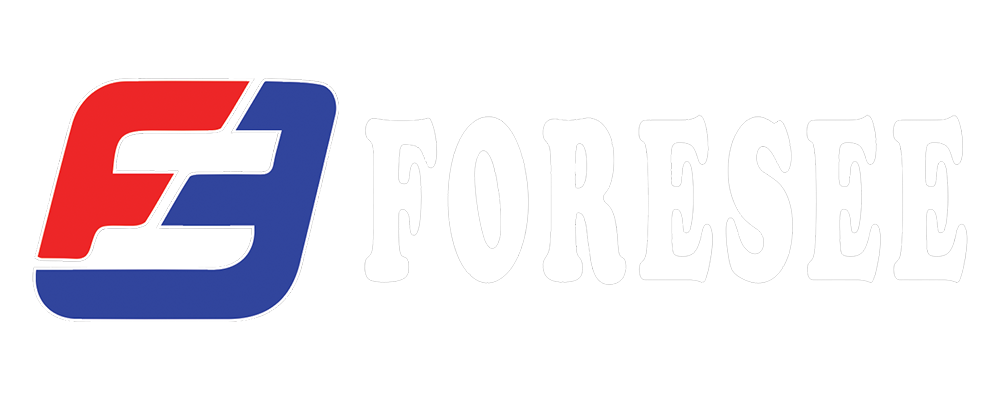PVC, polyester, and PE (Polyethylene) lay-flat discharge hoses are commonly used in various industries for transferring water, chemicals, and other fluids. Each material has its own set of characteristics, advantages, and limitations. Here's a comparison between PVC, polyester, and PE lay-flat discharge hoses:
-
PVC Lay-Flat Discharge Hose:
- PVC (Polyvinyl chloride) hoses are durable, flexible, and lightweight.
- They are cost-effective and widely used for water discharge applications in agriculture, construction, and mining.
- PVC hoses are resistant to abrasion, corrosion, and UV rays, making them suitable for outdoor use.
- However, PVC hoses might not be suitable for certain chemicals or high-temperature applications due to their lower resistance to some chemicals and heat.
-
Polyester Lay-Flat Discharge Hose:
- Polyester-reinforced hoses offer higher tensile strength and durability compared to some other materials.
- They provide good resistance to stretching and abrasion, making them suitable for heavy-duty applications.
- Polyester hoses are commonly used in firefighting, irrigation, and dewatering due to their strength and reliability.
- They might have better chemical resistance compared to PVC hoses but may not be as flexible.
-
PE (Polyethylene) Lay-Flat Discharge Hose:
- PE hoses are lightweight, flexible, and resistant to chemicals, making them suitable for applications where chemical resistance is crucial.
- They are often used for transferring various liquids, including chemicals, in agricultural and industrial settings.
- Polyethylene hoses can withstand some level of UV exposure but may degrade over time when exposed to prolonged sunlight.
- While PE hoses offer good chemical resistance, they might not be as robust in terms of abrasion resistance compared to polyester or PVC hoses.
Choosing the right lay-flat discharge hose depends on specific application requirements, such as the type of liquid being transferred, environmental conditions, durability, flexibility, and budget considerations. It's essential to consider factors like chemical compatibility, operating pressure, temperature, and abrasion resistance to select the most suitable hose for a particular application.
Consulting with hose manufacturers or suppliers and understanding the specifications and limitations of each material type can help in making an informed decision based on your specific needs.

Recent post